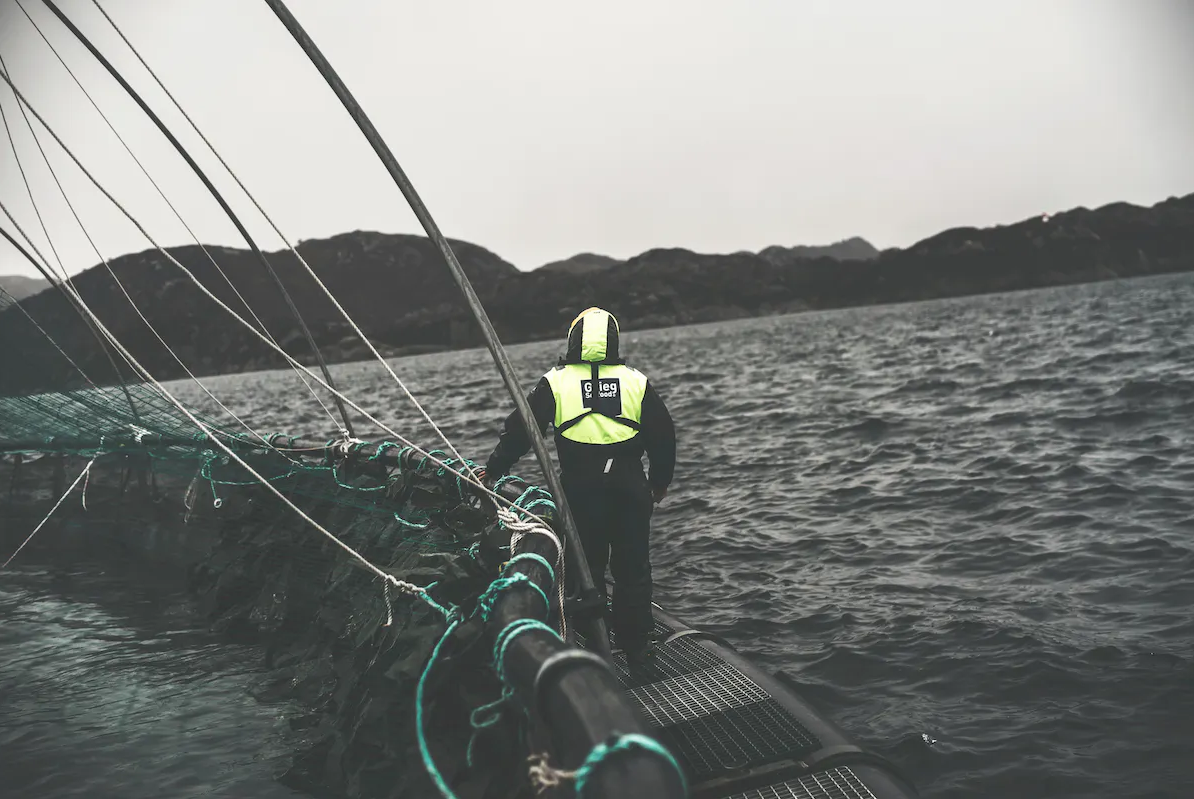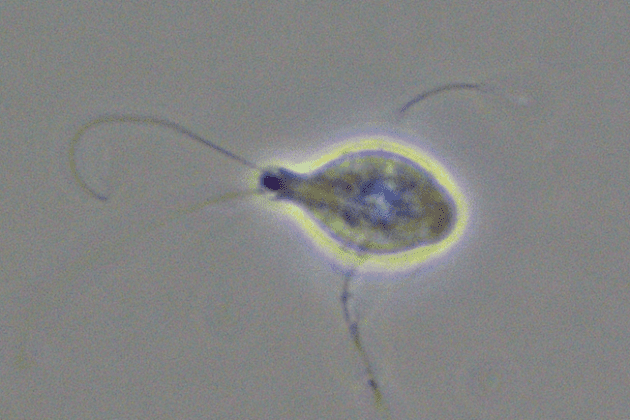Grieg Q4 rocked by spiro, jellyfish and winter sores

Grieg Seafood is the latest Norwegian salmon farmer to report biological and jellyfish issues during the final quarter of 2023.
The company, which was big in Scotland until three years ago, but now concentrates on Norway and Canada, recorded an operational (EBIT) loss of NOK 67 million (around £5m) against an operational profit of NOK 156m (£11.5m) 12 months earlier.
This represents an operational EBIT loss per kilogram of NOK 3.1 (£0.23) against a profit per kg of NOK 7.4 (£0.56) in Q4 2022.
Grieg CEO Andreas Kvame said that the parasite spiro (Spironucleus salmonicida), winter sores and jellyfish have affected survival rates and operational efficiency in Finnmark and led to reduced volume, increased handling costs and lower price achievement.
He added: “I am not satisfied with the results, and we have taken measures to tackle the challenges both in the short and medium term.
The operational EBIT per kg in Rogaland ended at NOK 10.4, equivalent to £0.79 (Q4 2022: NOK 13.8). Contributing to the loss was a decline in the proportion of salmon rated “superior” to 86% compared to 91% in the corresponding period last year, as well as a somewhat unfavourable timing of harvest.
The underlying production was good, however, with a strong 12-months survival rate at 94%.
In Finnmark, harvest volume for the quarter ended at 10,387 tonnes, 1,800 tonnes below guidance. The lower volume is mainly related to impact from the spiro parasite, winter ulcers and string jellyfish.
The operational EBIT/kg in British Colombia was negative at minus NOK 7.9 (£0.60), but this compared favourable to the loss of NOK 22.9 in Q4 2022 (£1.73).
Farming cost was impacted by historical biological issues and write-downs. However, the seawater performance was good during the quarter, with a 12-month survival rate of 91%.
In Newfoundland, an important milestone was reached this quarter when the company started harvesting the first generation of fish in the province.
The total harvest volume during the quarter was 3,184 tonnes. This is some 1,800 tonnes below guidance, postponed to 2024 due to weather conditions and positive market expectations.
CEO Kvame said spiro alone is estimated to cause a total loss of NOK 900 million (£66m) since it was detected in 2022 at the company’s freshwater facility in Finnmark, most of which has previously been realised.
He added: “We have implemented measures to prevent spiro from entering our facility again with good results. All fish that was transferred to the ocean farms in 2023 were spiro-free, and we expect impact from spiro to cease after we have harvested out the last fish groups from the 2022 generation during Q2.

The parasite Spironucleus salmonicida (photo: Nofima/Hanne Brenne)

